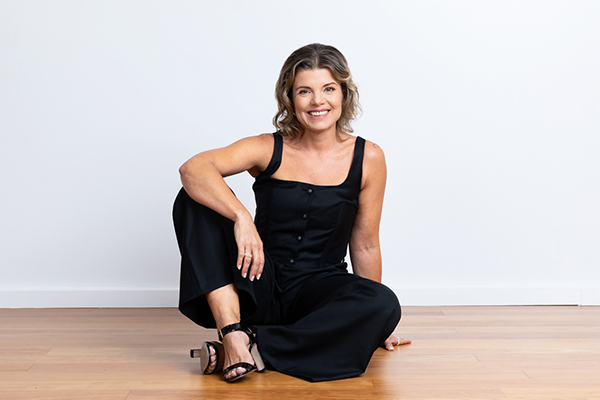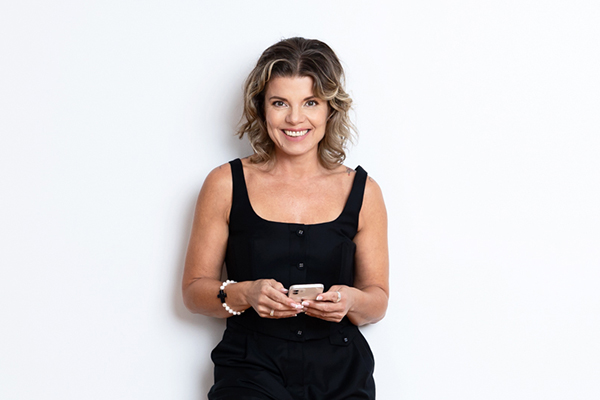Calling BS on Psych Safety
We all share the same deep psychological need to be seen, respected, and valued each day. An environment of psychological safety goes a long way to meet those needs, but as I’m talking with leaders around Australia and overseas, I’m hearing that people are using ‘I don’t feel psychologically safe’ as reason not to show up to what’s theirs to own in a workplace situation.
Why might that be?
Professor Amy Edmondson at Harvard Business School explains that psychological safety exists when we feel safe to take risks and be vulnerable by speaking up, offering new ideas, asking questions, valuing different opinions, and being willing and able to learn from our mistakes with the group. She also suggests that it’s ‘not about being nice, it’s about creating the space where honesty is truly possible’ within teams.
In these spaces, truths can be spoken, even uncomfortable ones, and will be heard, even when it’s hard to do so.
When we feel safe to speak our truth, our clarity of thinking improves, we see differing views and conflict as productive rather than threatening, and we respond constructively to failure by discussing and learning from our struggles rather than feeling embarrassed and avoiding or ignoring them. We feel challenged rather than threatened, which causes oxytocin levels in our brain to go up, prompting feelings of trust and trust-making behaviour. When we feel safe to speak our truth, instead of focusing on self-protection, we focus on achieving shared goals and sharing common experiences and novel ideas. In this kind of environment, collaboration and innovation are a natural by-product.
Because remember, psychological safety is not The Thing, psychological safety is what enables The Thing – connection, high performance and success.
Edmondson’s research also found that leaders – particularly middle managers – play a critical role in creating or killing psychological safety in teams. Whether a leader intentionally invites input, has necessary honest conversations quickly, owns their mistakes, shares what they’re learning as they grow, and shows appreciation for other’s questions and efforts, determines the level of psychological safety in a team.
So let’s be clear, this is not rocket science nor does it require more ‘to do’.
These are all things that can be brought into every conversation with team members, with direct reports, with peers, with colleagues. Every conversation we have can ‘create’ or ‘kill’ psych safety with that person or group.
But as I’ve said many times before, you can’t give what you haven’t got, so the first thing we need to focus on is creating and maintaining psychological safety for and within ourselves, without relying on others to do it for or with us. I call this personal psychological safety. When we do this, we can take that sense of safety with us wherever we go and draw on it whenever we need – it becomes portable. Personal, portable psychological safety enables us to be okay with struggle, to invite feedback, and own and learn from our mis-steps and mistakes. And this comes back to the conversations that we have with ourselves, through our ‘internal radio’. You can read more about this in a blog I wrote here.
So if you’re feeling ‘unsafe’ in some way, or perhaps someone in your team is calling out a lack of psych safety, here are three questions to ponder or ask them:
- What do I (you) feel unsafe to do or be?
- When, where or with whom do I (you) feel this?
- What would it look like for me (you) to show up ‘truthfully’ and what do you believe the consequences of this will be?
These questions help because getting specific about the details and boundaries of these feelings can help them feel less overwhelming; it also identifies where action may need to be taken and by whom. Understanding what good looks like (i.e. showing up in your truth) and surfacing ‘beliefs’ around the perceived consequences helps cut through any unhelpful stories that are creating or perpetuating the feelings.
Psychological safety isn’t something that sits separate from us out in the ‘ether’. It is something that we create for ourselves in the way that we ’talk’ to ourselves and show up moment to moment. We can choose to change the conversation, and when we do, we’ll feel safe enough to create an environment of psychological safety for the people we lead. One conversation at a time.
Time to talk?
I can help you, your leadership team or your organisation reduce fragility by Resetting Accountability and thrive through uncertainty by Becoming AntiFragile. Simply click here and I’ll be in touch.
Want more?
You can read more about how we can take a more effective approach to accountability in my e-book, The Accountability Reset. Just click here to download it. And if you haven’t read my book Becoming AntiFragile yet, why not ‘try before you buy’ with the free chapter download here.

Dr Paige Williams
International Speaker, Author, Mentor
Determined to help leaders move beyond just the need for resilience, Paige provides practical, evidence-based strategies for leaders to become antifragile, lead themselves and their teams to thrive and succeed in the Decade of Disruption.






